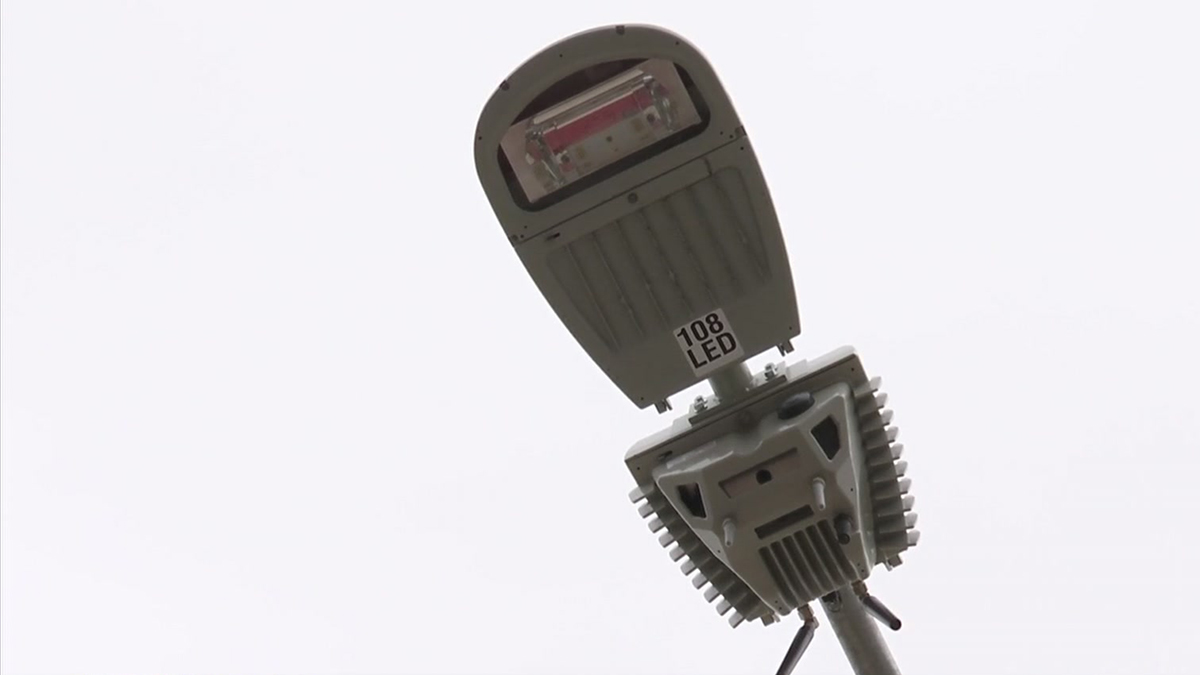La Mesa Police Department officers already have the technology to read your license plates in their squad cars. Now they want to add additional readers on traffic lights so they can have extra eyes in the sky, like neighboring El Cajon.
The El Cajon Police Department has been vocal about the success of its license plate reader pilot program.
In the two months since Flock cameras have been installed at intersections around the city, police say more than 40 arrests have been made and 40 stolen vehicles have been recovered.
Related Stories
Get top local stories in San Diego delivered to you every morning. Sign up for NBC San Diego's News Headlines newsletter.
“License plate readers are often one of the most useful investigative tools that law enforcement can actually have," said
The cameras concentrate only on license plates and vehicle details, according to Holly Beilin, a spokesperson for Flock Safety, the company behind the camera technology La Mesa PD wants to install. They are not equipped with facial recognition technology.
“A vehicle theft is considered kind of a keystone crime that leads to other violent and property crime. So license plate readers are often one of the most useful investigative tools that law enforcement can have,” said Holly Baelin, a spokesperson for Flock Safety.
Privacy advocate Seth Hall said Flock’s recognition systems create a digital fingerprint that, when combined with systems across other cities, warrants concern.
“They’re collecting all the information that they can possibly collect about the car, the color, the make, the bumper stickers, any damage,” explained Hall. “Those systems are capable of not just reading license plates, but really tracking us as we move about our city, even though we're just normal people who theoretically are not accused of any crimes or suspected of doing anything."
The San Diego Union-Tribune reported last month that the Flock system shares local data with out-of-state agencies. Something some lawyers say is illegal.
It's up to the police agencies to decide who they share their department's encrypted, license plate reader information, according to Flock.
"I think when you look at the amount of crime that is actually being solved with these license plate readers, the literally hundreds of missing persons, including kidnapped endangered children or missing senior citizens that are being found with these LPR cameras, it becomes clear that we can both improve public safety and balance personal liberties and privacy,” said Beilin.
But still, there's growing polarization over how this quickly developing technology is being used.
“If we deploy enough mass surveillance throughout our society, we will, of course, solve more crimes. What I would ask those people is whether they believe that that's a sustainable way to have a free and liberty-driven society like we've had up until now. Mass surveillance technology like this comes at the very cost of some of the things that we hold most dear as a society,” said Hall
La Mesa’s Chief of Police plans to present his proposal at the Oct. 10 city council meeting.



